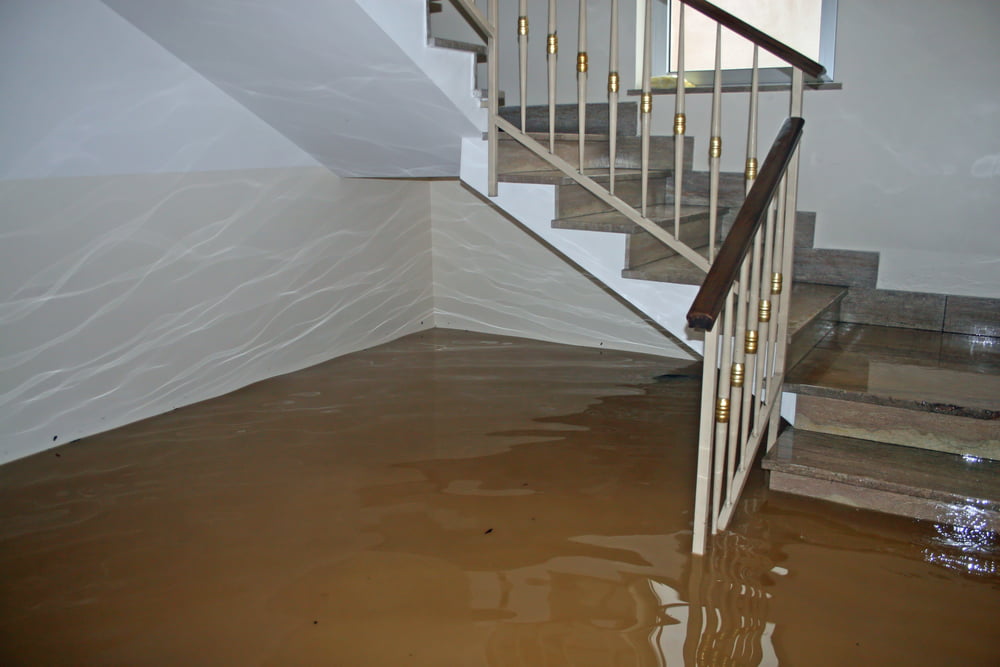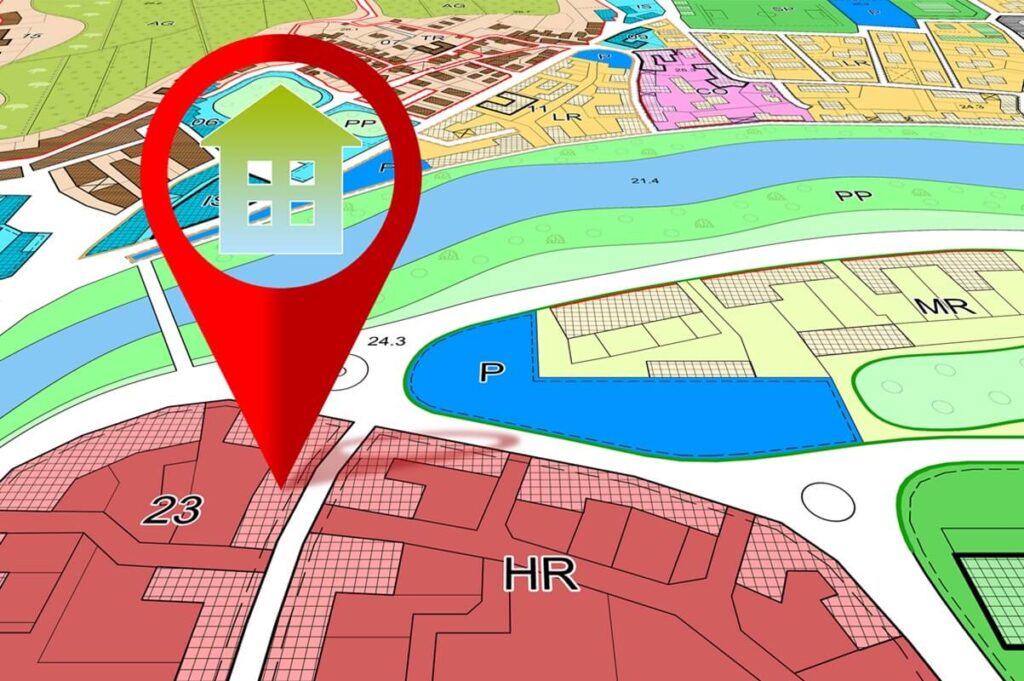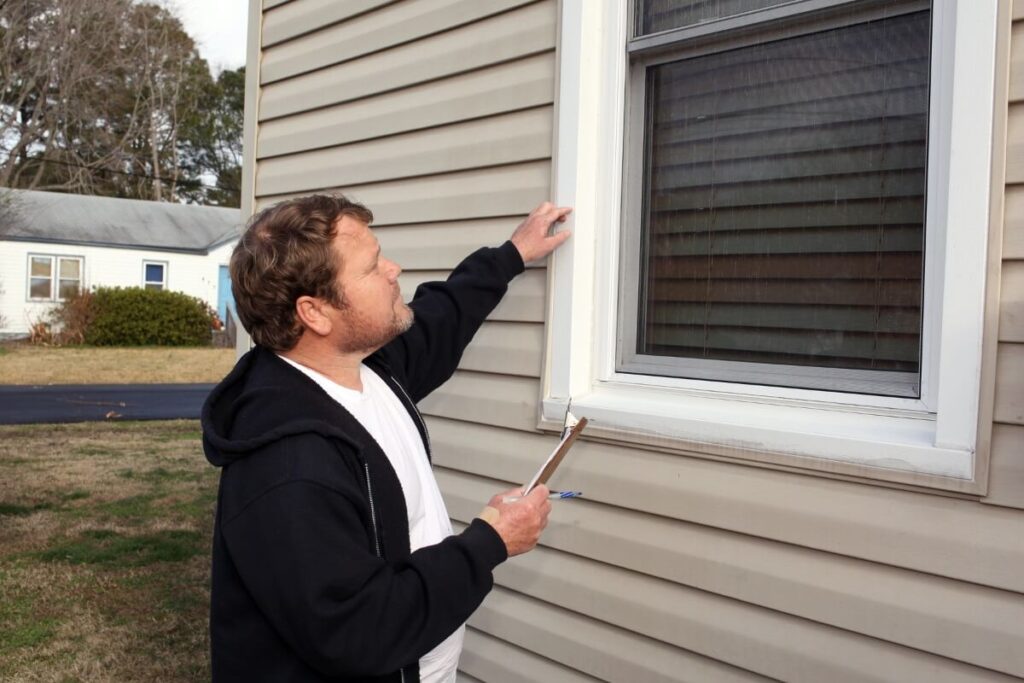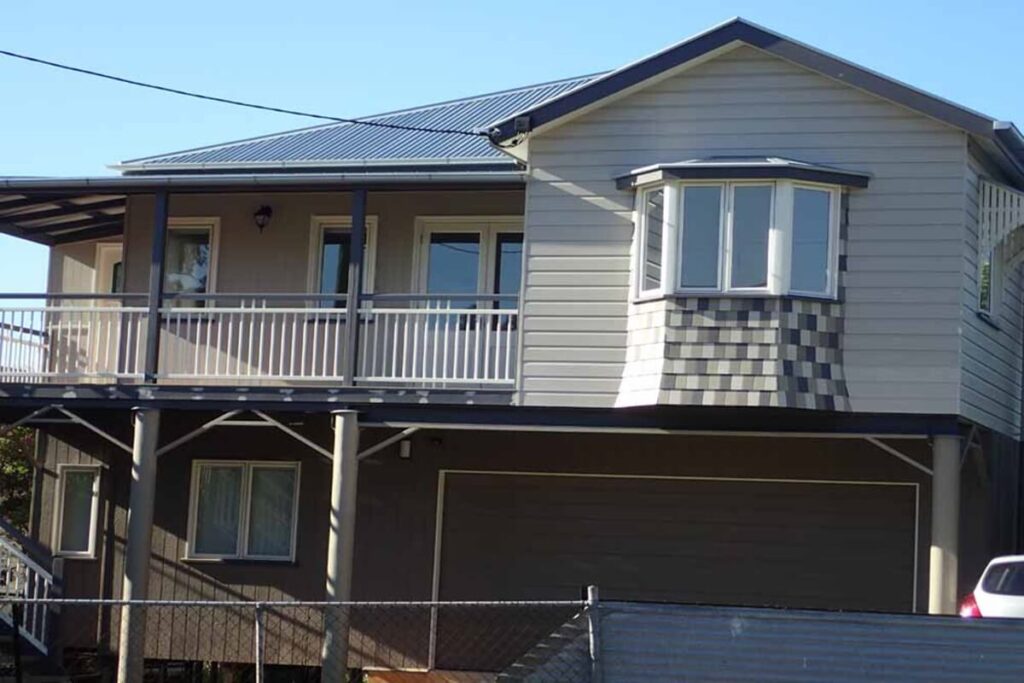Get Experience. Get Independence. Make an Informed Decision.
Your major financial investment deserves more than a basic report. Buy with confidence – get a full defect report on the property you are buying and avoid a nasty “suprise”.
Request a call back before you buy. You’ll thank yourself later.
The Complete Guide to Building Inspection Reports
Disclosure: Andrew Mackintosh is the sole building inspector at Action Property Inspections. He’s a qualified builder and has been performing pre-purchase inspections since the 1990s. He is fully certified in the building trade and the Property Inspection industry. He has, at times, acted as a spokesperson for the industry and an advocate for Brisbane property buyers. He is well known in the Brisbane industry for his reputation for fastidious and legally binding property inspections. This information has been updated for 2022 as the real estate industry has changed dramatically and buyers are reporting new and problematic advice given by agencies.
Updated 2024 by Andrew Mackintosh
Your Decision to Buy Rests on Your Building Report.
The single purpose of a pre-purchase building inspection report is to give you all in the information you need to take next steps. This is your full guide to how to get that information.
You’re about to make one of the biggest financial decisions of your life. After writing more than 20,000 of these reports, and witnessing the fall out of a house purchase gone bad, I urge you to read on so you can arm yourself with all the knowledge you need to make this decision.
I need to stress to you as a buyer that the details in this report should be thorough, accurate and be ready to “stand up in court”. That’s how you future-proof your investment. If you’re seeing stock photos, if you’re seeing “dismissive statements” or “excuses for not inspecting” then you’re flying blind (and legally vulnerable) if there’s a problem down the line. This report is your insurance. Make sure that you’re inspector is doing your due diligence for you.
The buyers market here in Brisbane in 2024 is horrible, especially for first home buyers, so I’ve prepped a guide for you to ensure you get a decent service and proper report. The takeaways include:
- Demand images and explanations of all issues.
- Ask all the questions.
- If the seller makes access hard, assume they’re hiding something.
- Inspection limitations happen, but so does laziness.
- Never forego your right to an inspection regardless of how much you want the property.
- Read the Ts and Cs to determine if they’re legitimate or a big legal “get out of jail free” card for the inspector.
- If the report comes back bad, take a deep breath and try to keep emotions out of the decision.
- A second opinion is cheaper than a bad investment property
- You get what you pay for (not always what you ask for)
The basics.
A building inspection report is a comprehensive condition report prepared by a professional inspector who attends the property on your behalf before you finalise your purchase. The report is designed to tell you about the condition of the property and highlight any areas of concern. It will inform you of any significant building defects or anything that needs repair. Such issues can include cracking in the walls, safety hazards, and a faulty roof or sub floor.
A building inspection report should be completed before purchase to avoid unwanted surprises after the sale. Anything left unchecked might be an expensive repair job further down the line. So you want to go in with your eyes fully open – and the best way to do this is with a professional pre-purchase building inspection.
What does a good building inspection report look like?
A good building report should include all exterior and interior descriptions of the property that have been inspected. It should include photos of problem areas identified within the property. You’re not a builder. I am. So my job is to assess the problem, photograph the problem and provide you with the information you need to make decisions based on the problem.
Download our Sample Report for Reference
Takeaway: If no image or explanation of each problem exists, you’re not getting the full story.
What does a good building report include?
A thorough building inspection should include the exterior and interior of a home, including cavities under the floor, under the roof, and even chimneys. This inspection can give the building inspector an idea of the property’s structural integrity.
Allotment inspections are also vital to a building inspection, as crumbling retaining walls, decaying fences, and inadequate surface drainage can cause headaches for the new owners. These areas of a property can cost thousands to fix. Therefore, these must be included in the pre-purchase inspection.
A good building report should include inspection of the following:
- Exterior of the house
- Interior of the house
- Kitchens, bathrooms, and butler’s pantry
- Exterior of roof
- Interior of roof
- Decks and verandahs
- Garage and carport
- Underfloor areas
- Allotment inspection
- Signs of water damage through leaks or floods etc.
- Any garden sheds
- Any non-structural retaining walls
- Steps
- Fencing
- Driveways and footpaths
- Stormwater run-off areas
- Surface water drainage areas
Got specific concerns? Ask us. It’s our job. We can take a hard look at anything you’re worried about.
Takeaway: Do not be afraid to ask. We work for you and you alone.
Paperwork Requirements
For your future reference, the report should include:
- your name,
- the address of the property being inspected,
- the reason for the inspection,
- the date,
- the areas included in the inspection and
- the areas that weren’t included with reasons why these areas weren’t inspected.
- a summary of the overall condition of the property,
- a list of anything significant that requires repairs,
- and any recommendations that we have.
Note that we don’t quote for repair work. Your building inspection must be 100% independent otherwise, you’re paying for someone to sell to you. We can answer your questions but we have an ethical duty to remain independent.
Takeaway: Any additional sales pitch is a red flag that your inspector is not 100% independent.
What makes a good one compared to a rubbish one?
- You can understand it easily
- You can see the problems via images
- You feel informed and trust the information
- Everything you expected to be covered is there
- Most importantly, you feel you have the information you need to make the purchase decision.
Takeaway: If the report doesn’t give you all the information you need to decide on next steps, then it’s not a good building inspection report.
What’s not in a building report
There are a variety of things not included in building inspection reports. These can include:
- areas that couldn’t be inspected
- areas or issues that are outside the experience or expertise of the inspector
- an estimate of the cost of any repairs
- pest infestation
I’ve first qualified as a builder 40+ years ago (eek) and have been a licensed building inspector in good standing for more than 30 years (eek). My area of specialty is building inspections. I’m not a pest controller. I’m not a structural engineer. I’m not a lawyer. You’ll need specialist inspections for anything that is “outside the inspector’s wheelhouse”.
If in doubt, get a specialist out:
- electrical wiring
- plumbing and drainage
- gas fitting
- pest infestation and damage
- swimming pools
- watering equipment
- air conditioning
- alarms
- dishwashers etc.
- windows and security
- TV, mobile and internet reception
You will also need a qualified and diligent conveyancing lawyer. I inspect the physical state of the building, they inspect the legal state.
Takeaway: If in doubt, get an expert out.
Costings
Your building inspector should not be providing costings for repairs. This is a big red flag. Your building inspector should be 100% independent and there to guide you in buying a property. They should never be there to drum up work for their mates (or their side business). Don’t pay someone to “sell to you”. You want a completely agenda-free report!
Do I really need a pre-purchase inspection report? The seller has one already.
First, your bank will likely insist on it. This is one of the biggest investments you’ll likely ever make. Yes, you need an inspection. A pre-sale inspection report is a list of items that need to be fixed before selling a property. Not all sellers or agents are honest (shocking, I know) and use the seller’s report as a “list of items to hide before the open house”. If the seller offers you their building and pest reports, take them, and then insist on getting your own done. They may be handy if there’s ever a legal question.
Takeaway: Independence is the cornerstone of a good property inspection.
But, the seller is only taking offers that forego the inspection clause.
This should be illegal. Chances are they’re not giving you that information in writing. You have the right to get the property inspected. If you don’t, you’re buying land, not a building. The current property market is a nightmare for buyers and sellers are taking advantage of that. It doesn’t matter how much you love the property and how tired you are of being outbid, do not waive your right to an inspection. There’ll be a reason they want you to do that, and chances are, that reason will cost you a lot of money.
Takeaway: If the seller doesn’t want an inspection, it’s because there’s a problem.
A pre-purchase building inspection is not a full building defect report. These are the reports created by a structural engineer when there is a major problem or a legal issue arises. The report you receive is strictly limited to the information you need to make an informed decision. But, that doesn’t mean it should be “half-hearted”.
Limitations
Limitations sometimes can’t be helped. This is where the inspector couldn’t gain access to parts of the property for legitimate reasons. Legitimate reasons. Unfortunately, the limitations section on your report is the go-to place for “tick and flick” style building inspectors to list excuses as to why they didn’t do a thorough job. Part of the job is getting into ceilings and the crawlspace. It’s getting safely onto a roof. That’s the job. Every limitation on the inspection leaves you legally vulnerable. Demand a thorough inspection or your money back.
Seller’s Interference
When your report’s limitations are largely around the seller refusing access (or making access difficult), you should assume that they have an agenda. They don’t want your inspector poking around on the roof, so they make the manhole impossible to access. I’ve seen sellers refuse to slash long grass and then tell the buyer to stay on the pathways because there were snakes in the grass. The seller was hiding a pile of crumbled asbestos in the long grass. This isn’t always an ethical industry so the quality and integrity of the inspector is all that’s standing between you and industry sharks.
Takeaway: If the seller makes access difficult, they have something to hide.
Terms and Conditions
All inspection reports have terms and conditions that you must read thoroughly. Ask to see them prior to hiring the inspection company and compare them to other quotes you receive. Do they look like legitimate terms and conditions or are they the legal equivalent of a “get out of jail free card”. If you don’t understand the implications of a term or condition, ask your conveyancing lawyer the legal implications.
The company you choose to do your pre-purchase inspection determines the process for generating your report. Franchisees must use a “template” for reporting purposes, which can leave you open to ‘generic’ reports. Smaller, less established inspectors may not have all of the resources needed to provide you with a thorough, prompt job.
1. The report is difficult to read and understand
2. Stock photos used instead of images taken at the property
3. Vague “boilerplate” descriptions and generalised information
4. Lack of tailored recommendations around defects
5. Slow delivery, giving you less time to interpret the findings
6. Report delivered on the spot without thorough consideration
7. The report is far cheaper than the industry standard (you get what you pay for!)
8. The report has exclusions used for “bait and switch” pricing.
Your report should make you feel confident to take the next steps, be it; go ahead with the purchase, cancel the purchase or re-negotiate the offer. If your report falls short in any way you should:
- Approach the company and ask for clarifications
- If this can’t be given, request a second inspection
- If they refuse, contact the QBCC for advice
- But, time is of the essence, so if you don’t feel confident to move forward, get a second opinion.
And yes, you’re probably feeling pretty hard-pressed for cash right now, but the investment in a quality building inspection will deliver excellent ROI. Whether it’s saving you from buying a lemon, or helping you sleep at night.
Expect your building inspection report to uncover some problems
Most properties have a few issues. Don’t panic when you see issues on your report. While your building inspector can’t advise on every issue found, we will let you know if we find something major. This is where timely delivery of your report comes in, because you may need to get tradies in to quote the repair work required. You may also need specialist inspections by electricians or plumbers. Time is short, make a list and get to it!
Takeaway: Don’t panic when you see problems on a report.
Can it impact my finance pre-approval?
If the defects found are bad enough to impact your finance approval then they’re bad enough to impact your decision to buy. Your lender knows when a property is overpriced. If the bank is worried, you should be too. The next step is to speak to your lender about the defect and what they would approve for that property. You can then use it to renegotiate the offer. If the seller says no, then it’s probably best to walk away.
How a negative building inspection report can work in your favour
We have a bit of a reputation for being annoyingly fastidious and thorough. We give you the truth, the whole truth and nothing but the truth. Which, for you, makes your building inspection report the foundation of your future purchase and renovation plans. For agents, it makes for “pain in the butt” problems that they’re forced to address rather than sweep under the carpet.
Our tagline should be “Action Property Inspections: Proudly hated by Brisbane Real Estate Agents for 30 Years”
With a thorough, independent, and indisputable report, you can:
- Provide evidence that the property needs $X in work and negotiate a reduction in the offer price.
- Retain as evidence in case of legal action
- Give you insights into where to invest in renovations if you plan to flip the property.
- Highlight small “to do list” issues with the property to prevent bigger issues in the future.
A quality building inspection in Brisbane costs between $500 and $1000.
But, there’s this guy who does them for $199!
OK, so let’s break that down. This character’s $199 quote must cover:
- Travel to the property location
- Two+ hours on-site
- Two+ hours to build the report
- Administrative time
- Costs of running the inspection business
- Tax
To do a thorough job, this person would make the approximate hourly wage of a teen manning the drive-through window on Saturday night. First, do you want a “teen-at-the-drive-through-window” level of expertise dictating your financial future? This inspector needs to perform multiple inspections each day just to break even.
Takeaway: You get what you pay for, not what you asked for.
To remain in business, the inspector must cut costs.
- The first to go is service. You may ask no questions, expect delays in the report delivery, and don’t expect anyone to pick up the phone if you have an issue.
- Next, report faster. So, boilerplate reporting, general advice, and stock photos rather than careful explanations of issues at the property.
- Next, quicker inspections. Your inspector racing from job to job puts you at risk of an incomplete inspection.
- Next, extra costs. When you book a no-frills service, every element becomes a “frill”. You need them to check something specific? Sure, there’s a fee for that.
- Finally, they cover themselves legally. Just in case all this hurried work causes problems, your report has a hefty list of exclusions, terms, and conditions – that serves the inspector, not you.
You’re left with a pre-purchase report that doesn’t instill confidence in the next steps forward. And, that’s the whole point of the report. So, sure, they’ll do something for you for $199 – but, is it what you need?
GETTING YOUR HANDS ON UNBIASED BUILDING INSPECTION REPORTS
Always source your own independent building inspector and NEVER rely on a “Vendor’s Report” or on an inspector referred to you by the real estate agent. Do your own research, ask family and friends for their recommendations, and vet those recommendations – was the home fault-free, is the inspector licenced, does the inspector have any red-flags, can you see an example of their reports?
Your building inspection report can protect you from financial devastation. You are about to make a massive financial investment and people you care about are going to be living in that property. What happens after a building inspection is a big decision and it affects your negotiations. It is not worth the risk to trust a dodgy inspector with your family’s safety. Be sure you are engaging qualified professionals with a history of excellence.
At Action Property Inspections, we are detailed and candid in our findings, offering unbiased Full Defect Reports. We deliver on our promise of excellence and as a result 82% of our work comes from repeat happy clients and their referrals, not real estate agents, mortgage brokers or solicitors!












